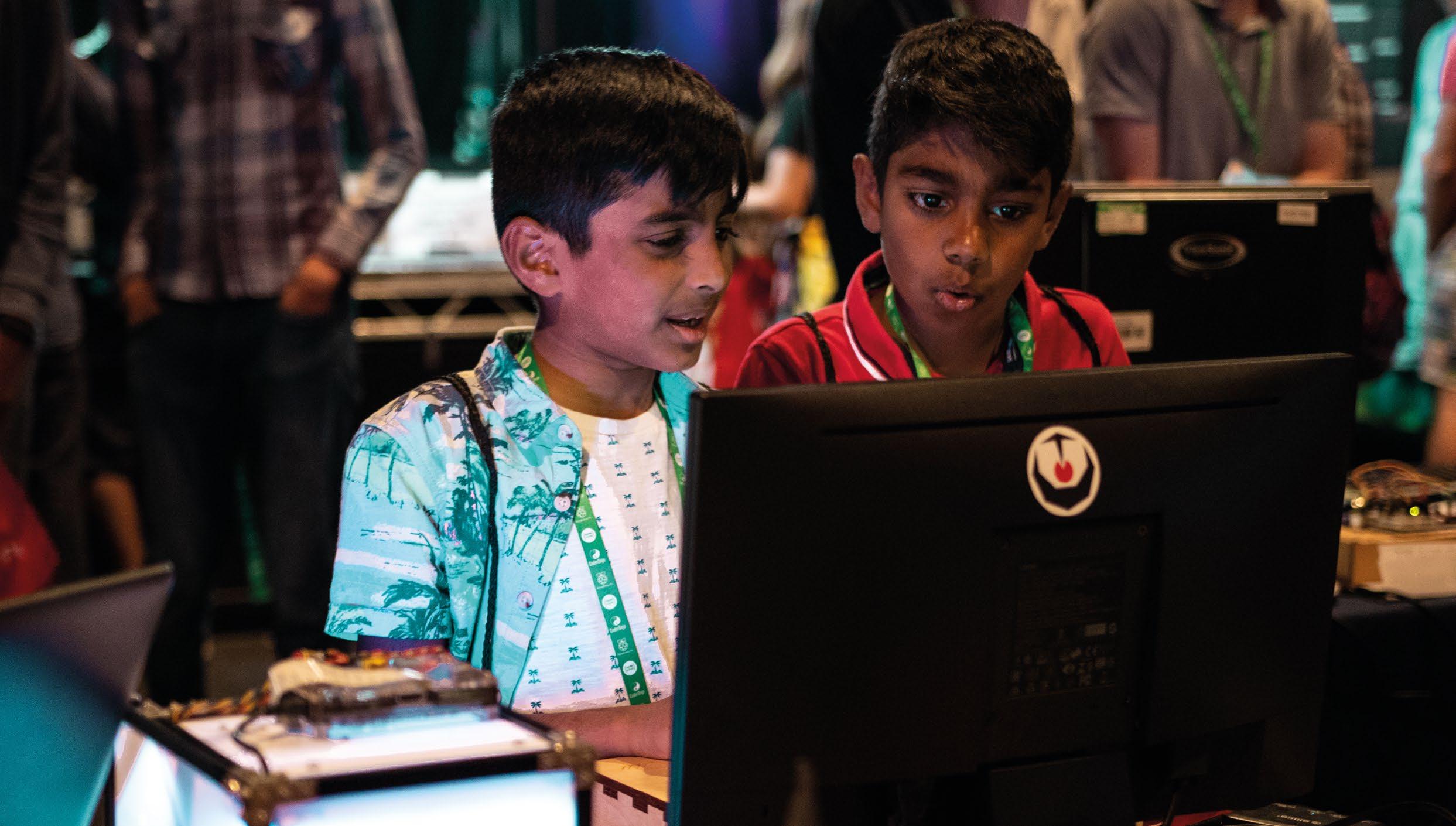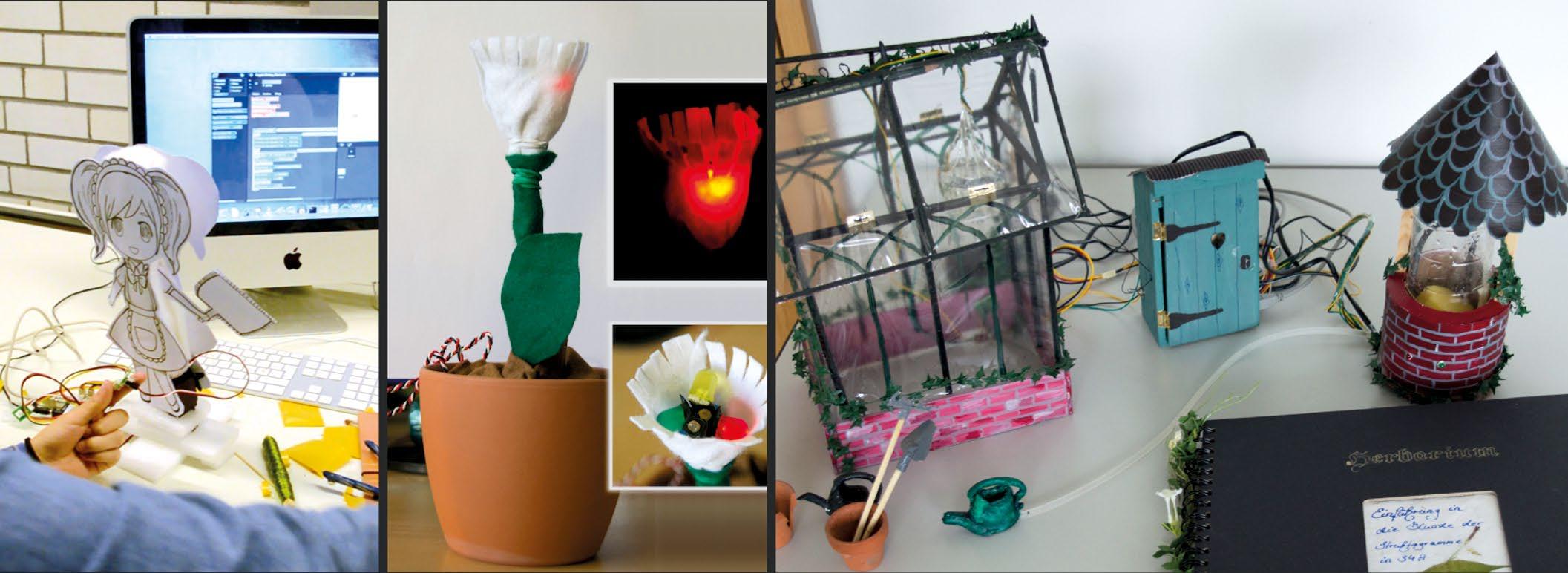
2 minute read
GO UNPLUGGED
GO UNPLUGGED FOR BETTER COMPUTATIONAL THINKING
STORY BY Thom Kunkeler
Advertisement
Unplugged activities are a great option for students who do not have access to computers at home, and new research shows the benefits of such activities for computational thinking. Many of these activities can be done with only a pen and piece of paper, an instruction sheet, and a partner — such as a parent or guardian, sibling, or classmate.
A group of researchers from the University of Castilla-La Mancha in Spain, led by Javier del Olmo-Muñoz, were interested in the relationship between unplugged activities and computational thinking. They found that students who start out in computing education with unplugged activities before switching over to computer-based activities show a significant advantage in computational thinking skills compared to their peers.
Jeannette Wing defined computational thinking, widely considered an important aspect of computing education, as “the thought processes involved in formulating a problem and expressing its solution(s) in such a way that a computer — human
n An example of an unplugged activity from Code.org

thinking, decomposition, evaluation, and generalisation.
For this study, the researchers designed eight 45-minute lessons for an unplugged classroom, as well as lesson plans for a plugged-in group. Unplugged activities were chosen from the computing education resources website Code.org. In the first
session, students were asked to pair up for the Graph Paper Programming exercise, in which students ‘program’ one another to draw pictures by giving each other instructions for drawing on a 4x4 grid, such as ‘move a square to the right’ or ‘fill the square with colour’. Another example
or machine — can effectively carry [them] out”. However, it may not be obvious to educators that developing computational thinking doesn’t need to take place in a classroom, and that it can be taught without the use of computers. This will be particularly useful for students who fall ill for long periods of time, or need to stay at home for remote learning, such as during the coronavirus pandemic. In addition to the advantage of not requiring computers, these activities have been found to be great for learning computational thinking skills such as abstraction, algorithmic
FURTHER READING
of an unplugged activity is My Robotic Friends, in which students adapt the set of symbols from the first exercise and take turns participating as a robot, acting out the algorithm defined by their partner.
Throughout the research intervention, students from one group engaged in three unplugged activities, followed by two plugged-in ones, and another group engaged in only plugged-in activities. Using tests before, during, and after the activities, students were assessed on their computational thinking skills, and they also completed a motivational survey for the activities. As well as the higher learning gains of the unplugged group, the findings indicate that these students were more motivated about their instruction. For parents, guardians, and educators, these findings illustrate the benefits of experimenting with unplugged activities from home. Code.org activities are free to access.
Del Olmo-Muñoz, J., Cózar-Gutiérrez R., & González-Calero, J.A. (2020). Computational thinking through unplugged activities in early years of Primary Education. Computers & Education, 150.










